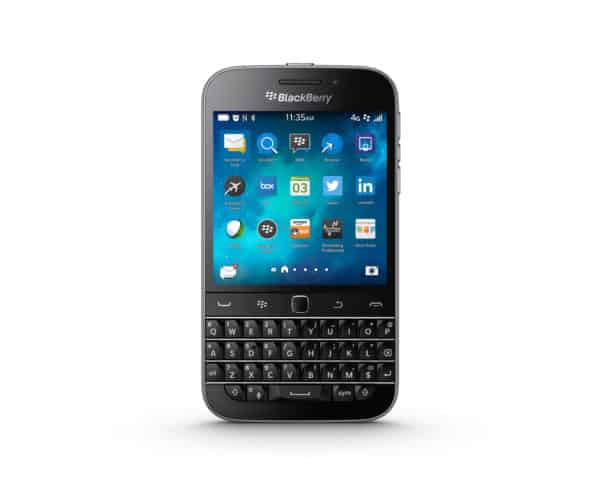BlackBerry has reached rock bottom and has started to dig


Remember when BlackBerry rallied around a comeback plan that would return it to its rightful place atop the mobile world? That was just five years ago, when Thorsten Heins unveiled the new BlackBerry 10 operating system. It feels like a decade has passed.
BlackBerry is now officially capturing 0.0 per cent of the worldwide mobile phone market, while Apple has just passed Samsung as the world’s top smartphone seller, according to a new sector report.
A new report from research firm Gartner shows Canadian smartphone company BlackBerry, once the toast of the mobile phone crowd, now taking in 0.0481 per cent of the market with its operating system, selling just 207,900 phones using the BlackBerry OS in the fourth quarter of 2016.
Global smartphone sales jumped seven per cent in Q4 of 2016, to reach 432 million units, and for the first time since 2014, sales of Apple phones were marginally higher than South Korea’s Samsung, which saw its sales decline by 8 per cent in the fourth quarter.
“Samsung’s smartphone sales started to drop in the third quarter of 2016, and the decision to discontinue the Galaxy Note 7 slowed down sales of its smartphone portfolio in the fourth quarter,” said Anshul Gupta, research director for Gartner. “The withdrawal of the Galaxy Note 7 left a gap in its large-screen phone range.”
Last fall, Samsung issued a global recall of the Note 7 after reports of the phone catching fire, with the company’s investigation later attributing the defect to a lack of space and insulating material within the battery compartment. Discontinued after only two months on the market, the Note 7 was reported to have one of the largest battery capacities among smartphones. Its downfall has been estimated as a $5.3 billion loss to the company.
Meanwhile, Apple’s surge to the top was in part due to Samsung’s faltering but also to good numbers over the 2016 holiday season. “[Apple] achieved it thanks to strong sales of its flagship phones — the iPhone 7 and iPhone 7,” says Gupta. “Plus, it also benefited from the weakened demand for Samsung’s smartphones in mature markets such as North America and Western Europe, and in some mature markets in Asia such as Australia and South Korea.”
Chinese smartphone vendors Huawei, Oppo and BBK saw their share of the worldwide market increase by seven percentage points over the previous year, with Gartner forecasting further growth as these companies further their aggressive expansion into markets beyond China. Huawei’s Mate 9 premium smartphone helped the company close the gap between it and Samsung and Apple, while its Mate 9 Alexa is set to ship to U.S. markets during the first quarter of 2017.
Regarding operating systems, the supremacy of the iOS and Android OS is almost complete, as the two systems were found in 99.6 per cent of mobile phones bought in 2016’s fourth quarter. The Windows operating system captured 0.3 of the market share, while BlackBerry OS slipped into near non-existence, despite recent reports that TCL Corp. has a new phone in the works with the BlackBerry OS (Chinese communications company TCL took over the BlackBerry name and software in a deal reached last December).
In a battle of past titans, BlackBerry Ltd. has just filed a patent-infringement lawsuit against Finnish company Nokia Corp. for its purported use of network products currently owned by BlackBerry. BlackBerry claims that its technology is being used in Nokia’s radio network controllers and Liquid Radio software. The patents had reportedly been in the possession of that other failed Canadian telecom giant, Nortel Networks, until they were bought for $4.5 billion as part of Nortel’s windfall bankruptcy sale in 2011.
Of course other, more scaled back, opportunities exist for BlackBerry. The company is already a ways down the road in specific opportunities in the the Mobile device management/Enterprise mobility management space (MDM/EMM), has a decent shot at becoming a company that secures Internet of Things hardware such as toasters and refrigerators, and is one of the go-to players in the connected car space.

